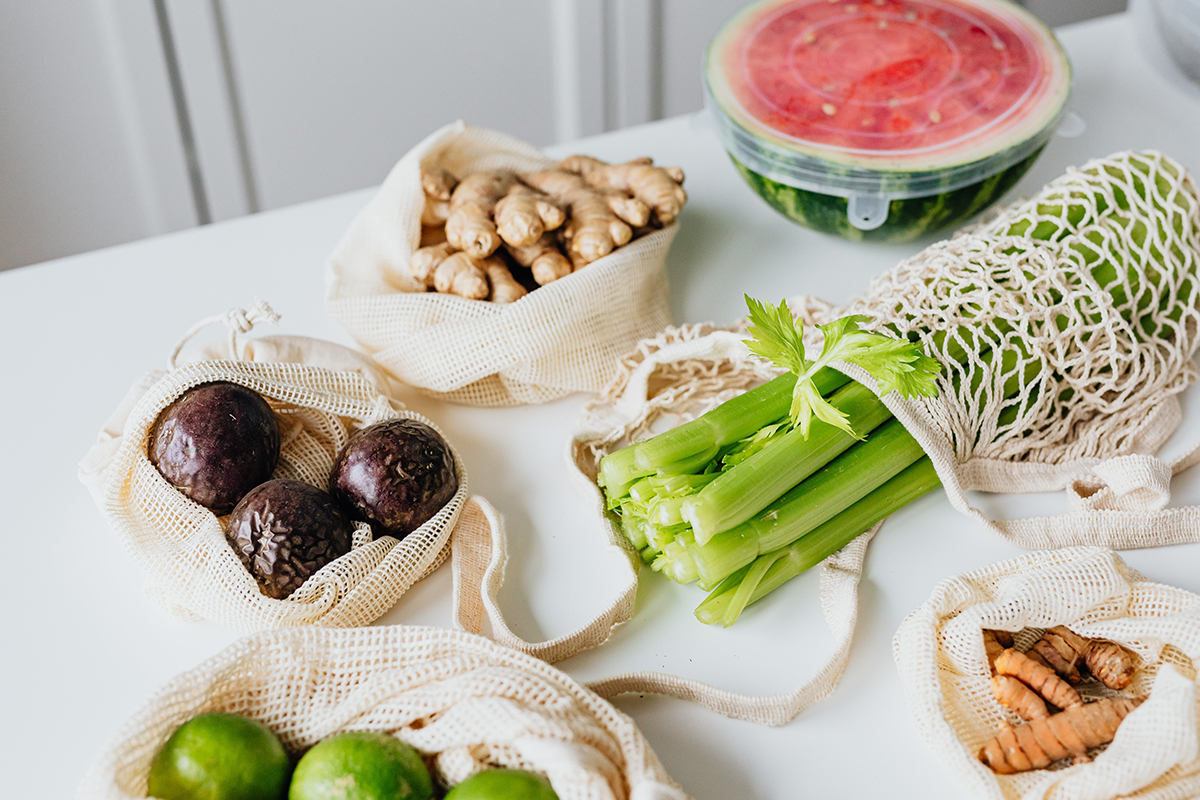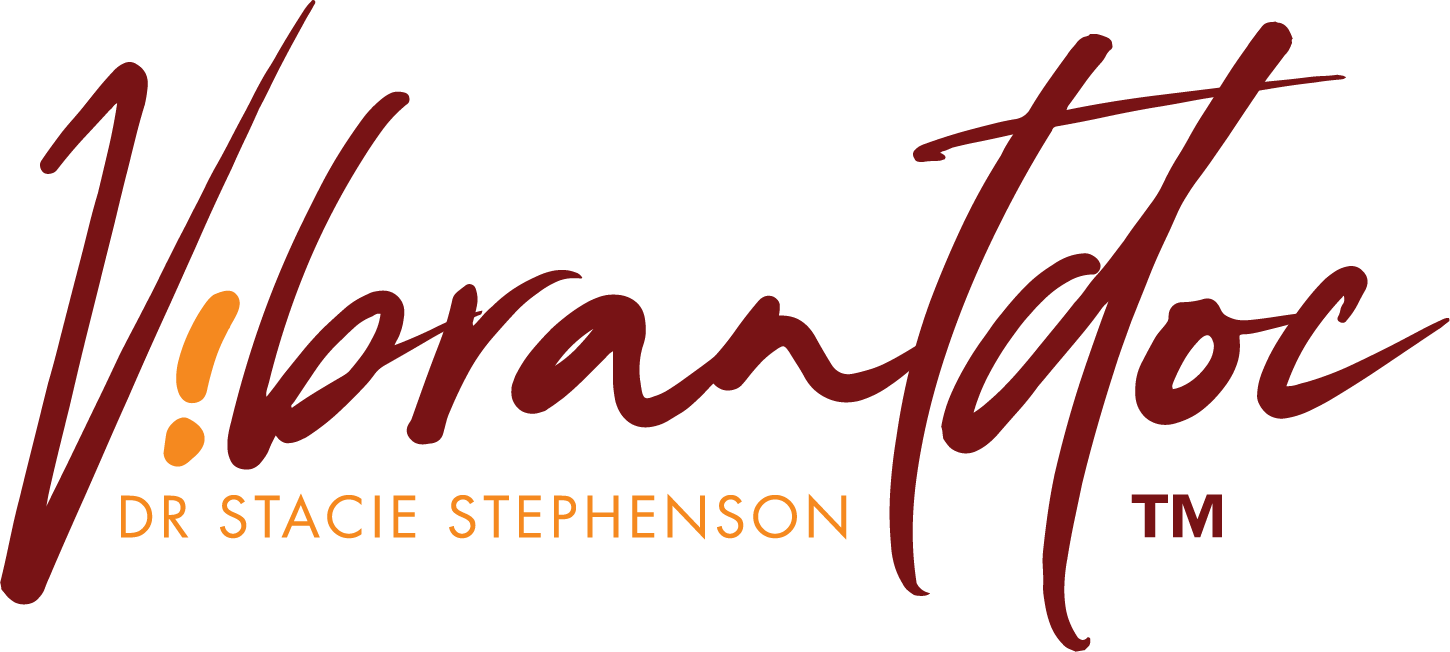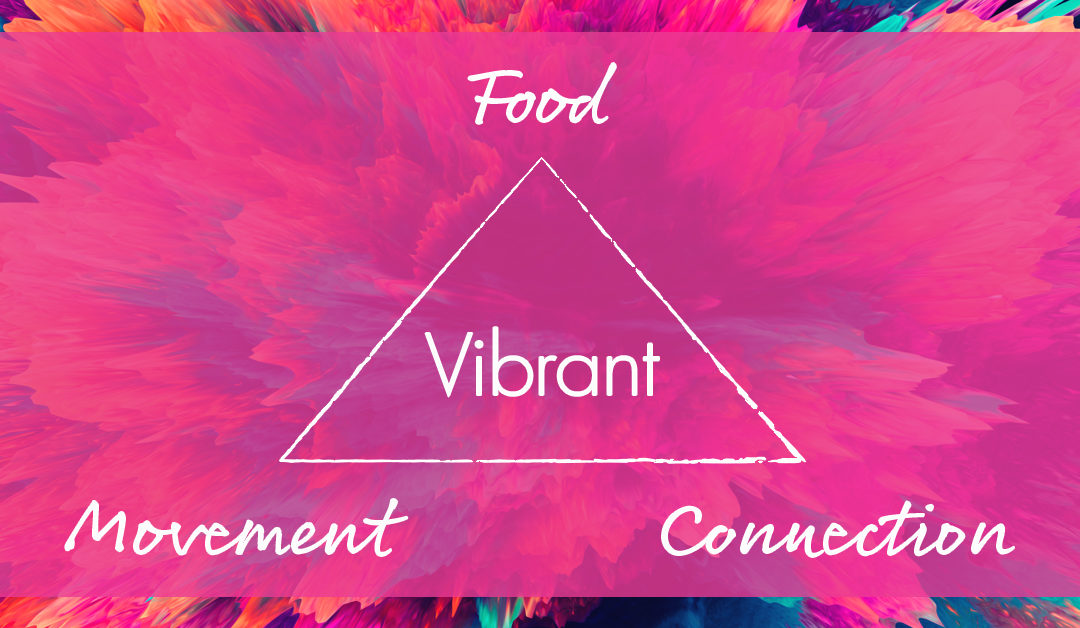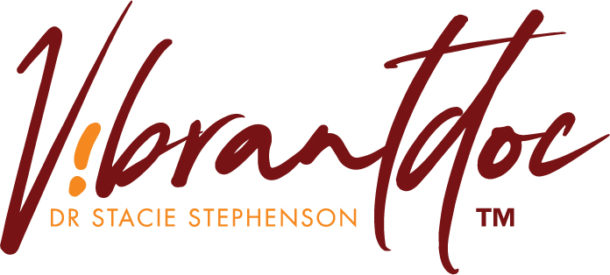As I was writing my book, Vibrant, I went back and forth about including a section on stress. Should stress be part of the Vibrant Triad? Ultimately I decided no, because in reality, stress weaves its way through all parts of life. You can have stress related to food, and inflammatory food can cause a physical stress response (as can extreme weight changes). You can become physically stressed from over-exercising, but also from being too sedentary. Relationships can be a source of stress when they are difficult, or when they are absent. Stress can keep you from sleeping well, and not sleeping well can contribute to stress. Stress can harm you, physically or mentally (or both), but in some cases, stress can also help you. The stress of lifting weights ultimately strengthens muscles. The stress of taking a difficult college class ultimately increases knowledge and experience. Difficulties, both physical and mental, that cause stress can make you more resilient.
But when stress is too much, it can cause physical and mental breakdown, burnout, fatigue, anxiety, depression, and despair. That is why it is incredibly important to face it and deal with it. The truth is, life is stressful, whether in the 1st century or the 21st century, and it can cause, as well as be caused by, almost any aspect of life. You can’t eliminate stress. What really matters is how well you manage it.
How do you manage stress so that it benefits you rather than harms you? It’s not just about deep breathing when you feel anxious or getting an extra hour of sleep or seeing a therapist (although those are all excellent strategies for stress relief). There are a million different ways, and who you are will determine what will work for you. But as I so often do, I will turn to the Vibrant Triad for inspiration. The three sides of the Vibrant Triad—your food, your movement, and your connection to others—all include the potential for managing stress. Let’s look at some of the best ways you can use the Vibrant Triad to incorporate stress management more fully into your life.

Eating to Manage Stress
Stress starts in your brain. When your brain perceives that you are in some way at risk, it pumps out cortisol, adrenaline, and other stress hormones, and your nervous system switches from its parasympathetic (“rest and digest”) mode into its sympathetic (“fight or flight” mode). The problem is, most 21st century stress doesn’t need a fight-or-flight response. You probably aren’t literally fighting or fleeing from someone when you feel stress—at least, I hope not too often! That is why eating to nourish, calm, and support the brain can help modify those stress signals and help the brain to manage the stress response more intelligently. If you make only one dietary change with stress reduction in mind, I suggest you make an effort to increase your vegetable and fruit intake.
A 2021 Australian Study showed that those who ate a diet rich in vegetables and fruits reported less stress. Specifically, those who ate at least 470 grams of produce daily (that’s just over a pound) reported 10% lower stress levels than those who ate fewer than 230 grams per day (that’s right around half a pound). The reason is probably the wide variety of nutrients in plant foods, including anti-inflammatory and antioxidant compounds, which help to reduce oxidative stress and inflammation at the cellular level, including in the brain. The more variety, the more color, and the less processing, the better.

Exercise to Manage Stress
I probably don’t have to tell you that exercise reduces stress because chances are, you’ve experienced it for yourself. Nothing calms the nervous system like a walk in the fresh air, especially in a natural area, or a good sweaty cardio session, or the sense of calm you can get from really taxing your muscles with weight-lifting.
There is a lot of research on this subject. Several studies report that people feel calmer after 20 to 30 minutes of cardio, and that feeling can last for hours afterwards. This is probably because of the hormonal shifts that happen in the brain and the change in neurotransmitters like dopamine and serotonin. When exercise gets really vigorous, the brain releases brain-derived neurotrophic factor (BDNF), which strengthens and protects neurons in the brain. This can help make the brain work better and become more resilient to stress. Weight training, which, as I’ve mentioned, stresses muscles in a good way by triggering them to become stronger, is also a stress reducer. One study showed that low to moderate resistance training produced a reliable and significant decrease in anxiety.
Most experts recommend that everyone should get about 150 minutes of moderate exercise every week, divided in any way that works with your lifestyle, and that includes some cardio (like walking or jogging), some strength training (like weight lifting or yoga), and some stretching, which has also been shown to reduce feelings of sadness and tension and increase relaxation. This is a great goal, but exercise is dose-dependent. Any amount is better than none, and up to a point, more is better. For some, ten minutes a day may be a good starting point. For others, exceeding 150 minutes may be the norm. It depends on where you are in your fitness. Start where you are, and work up from there, with a commitment to managing your stress through movement. It’s also important to recognize when you are over-exercising. For someone who is under severe stress, moderate or even easy exercise (like that nature walk) may be more therapeutic than intense exercise, until the extreme stress has passed.

Connecting to Manage Stress
I have often written about the link between difficult relationships, or no relationships (loneliness and isolation) and stress. We know that relationships can be stressful, and that a lack of quality relationships is also stressful. That is why I highly recommend reaching out to the people who are important to you when you are under stress.
Knowing you have emotional support is critical for human well-being. Whether it is a family member, a close friend, or a romantic partner you turn to, do it. Don’t try to carry the world on your shoulders. When someone is there for you, you can be there for them when it’s their turn to be stressed, and that reciprocation is how meaningful relationships are built. I can’t stress this enough. My husband is the one I turn to in stressful times, and we have worked very hard on keeping our marriage strong in a way that makes us both feel comfortable being vulnerable with each other. I consider our connection my most valuable stress management tool. Friends are also so important. Sometimes going out with a friend or a group of friends can completely diffuse feelings of burnout and overwhelm. Humans are social creatures. Let yourself take advantage of that very human need!
And what about connecting to yourself? It’s easy to get busy and lose touch with your own feelings, but meditation can help restore you peace and connection to who you are and what you want out of life. It can remind you of your priorities and generally relax the nervous system so you can feel like you are back in command of your own decisions, whether those have to do with food, exercise, relationships, sleep, work, money, or whatever is stressing you out.
There are many ways to meditate. I suggest starting simply. Sit or lie down comfortably, take a few deep breaths, close your eyes, and focus on a calming word you repeat in your head, or visualize a calming environment and see yourself interacting with it. This can kick your nervous system back into parasympathetic mode, and bring your brain back into a relaxed state. It’s the fastest way I know to counter anxiety, restore a sense of calm and self-control.
Whatever you do, don’t ignore damaging stress. Feel it, acknowledge it, and manage it. Don’t avoid it completely. Remember that it makes you stronger. But when it’s too much, pick one or more of these strategies and integrate them into your life. They are powerful and effective, and they can increase your peace of mind, confidence in your own inner resources, and happiness.


